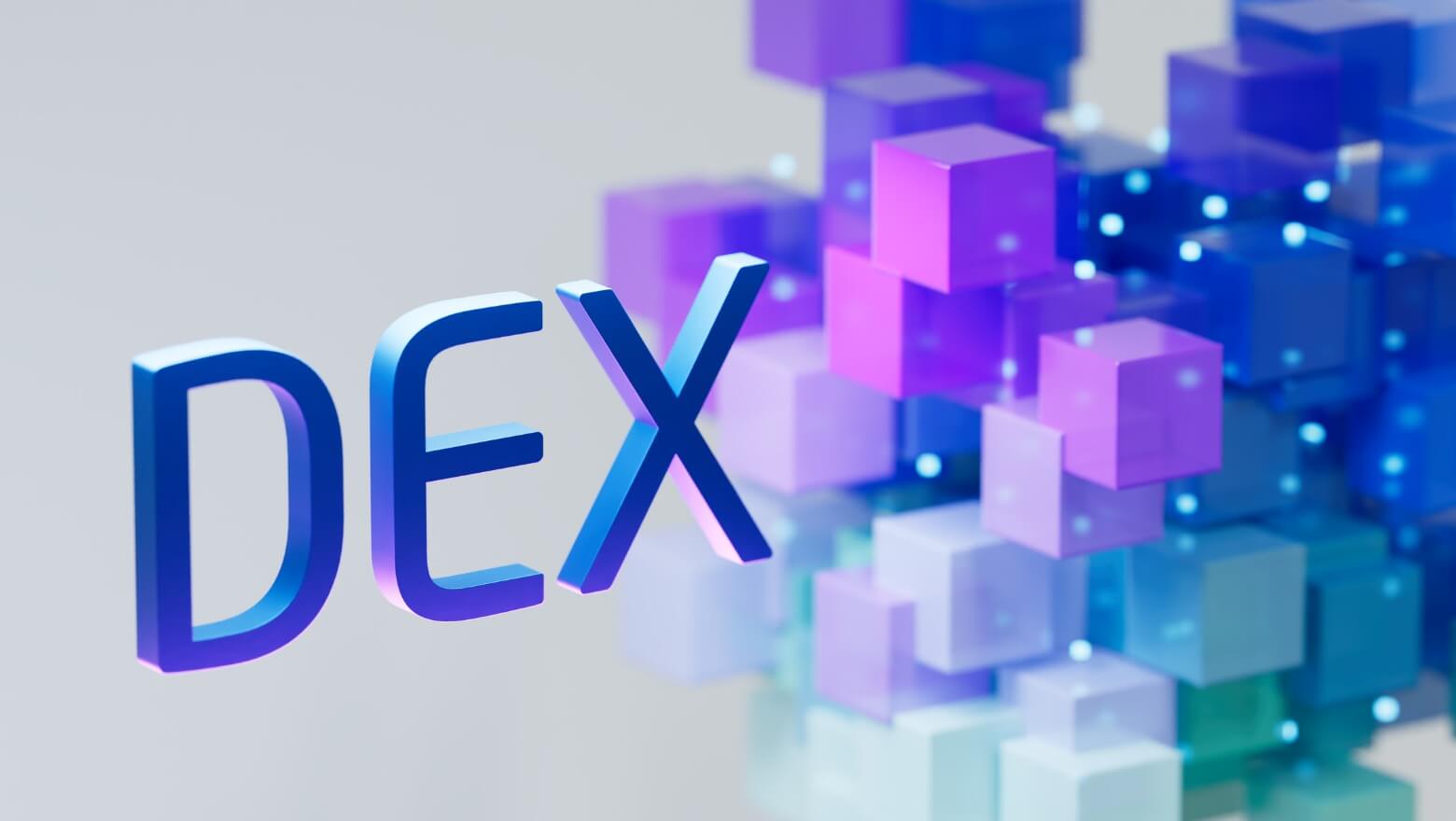The market dominance of decentralized exchanges (DEX), which facilitate cryptocurrency transactions without relying on traditional intermediaries, is gradually declining. These cutting-edge platforms leverage the revolutionary technology of blockchain-powered intelligent contracts to seamlessly enable trades, ensuring that users retain complete control and ownership of their valuable assets throughout the transaction process.
In the wake of the FTX exchange’s demise, there was widespread anticipation regarding the upswing in prominence for decentralized platforms such as Uniswap and dYdX. However, contrary to expectations, the projected expansion failed to materialize. In fact, during June of the current year, the trading volumes observed on these platforms experienced a significant decline of approximately 76%, resulting in a total value of $21 billion. This decline can be compared to the trading volumes witnessed in January 2022.
A Comparison of Centralization and Decentralisation
The market’s downturn has also affected centralized crypto exchanges, resulting in a significant decline of 69%. According to the data provided by Kaiko, these exchanges now stand at a valuation of $429 billion. Nevertheless, decentralized entities have a more favorable performance trajectory than their centralized counterparts. As of March 2023, the market share of decentralized platforms experienced a decline, dropping from its previous peak of 7% to a mere 5%.
In decentralized exchanges, a captivating allure beckons fervent adherents who harbor a steadfast aversion towards the established and orthodox financial paradigm. However, it is not without its fair share of formidable obstacles that these decentralized exchanges find themselves confronted with. Decentralized platforms, with their elaborate user interfaces, relatively longer transaction speeds, and limited liquidity when juxtaposed with prominent centralized counterparts such as Binance and Coinbase, may appear less enticing to many individuals.
According to Richard Galvin, an individual associated with Digital Asset Capital Management, it has been observed that despite the ongoing evolution of these platforms, many institutional investors still need help accessing them.
Changes in the Way Decentralised Platforms Work
Numerous decentralized platforms have recently embarked upon a series of strategic enhancements and refinements to augment their comprehensive services further to fortify their operational frameworks. As an illustrative example, Uniswap, a prominent player in the crypto space, has recently unveiled a cutting-edge protocol with the primary objective of providing its esteemed clientele with enhanced rates. This is achieved through the ingenious mechanism of pooling together diverse digital asset liquidity sources, thereby optimizing the overall trading experience for users. Vertex, an esteemed and cutting-edge blockchain enterprise, has recently unveiled a remarkable achievement in a decentralized exchange. This groundbreaking platform showcases an exceptional level of speed that rivals even the most prominent centralized counterparts in the crypto industry.
Regulatory Obstacles and Concerns About Compliance
According to a recent survey conducted by PwC, it has been observed that crypto hedge funds are facing specific compliance challenges in the realm of decentralized exchanges. These challenges primarily stem from the need for regulatory frameworks governing such sales. In a recent statement, Townsend Lansing, a representative from CoinShares International Ltd., shed light on the prevailing regulatory challenges within the cryptocurrency industry. Lansing emphasized that these challenges pose a substantial hurdle to the sector’s growth and development.
It is quite intriguing to observe that despite declining trading volumes on decentralized platforms, the number of monthly active users has consistently exhibited an upward trajectory, surpassing the remarkable milestone of 1 million individuals this year, according to the insightful statistics provided by Token Terminal. The observed surge in this particular trend can be ascribed to the prevailing apprehensions surrounding centralized platforms, particularly during the FTX scandal and the ensuing escalated regulatory scrutiny.
Can Decentralised Exchanges Get Back on Their Feet?
The ongoing influx of established financial institutions into the world of cryptocurrency, exemplified by the recent introduction of EDX Markets, a platform specifically designed for institutional investors and supported by prominent entities like Citadel Securities and Fidelity Digital Assets, is anticipated to bring significant transformations within the crypto ecosystem.
According to an expert from Seba Bank AG, Yves Longchamp, the current surge in cryptocurrency adoption could favor centralized exchanges in the initial stages. Given the ever-increasing demand for cryptocurrencies, it is possible to anticipate a rise in trading volumes for decentralized platforms in the foreseeable future.
In conclusion, decentralized crypto platforms are currently encountering various challenges. However, it is essential to recognize that the ever-changing landscape of this domain, coupled with the ongoing efforts to enhance these platforms, may pave the way for more promising prospects in the foreseeable future.


